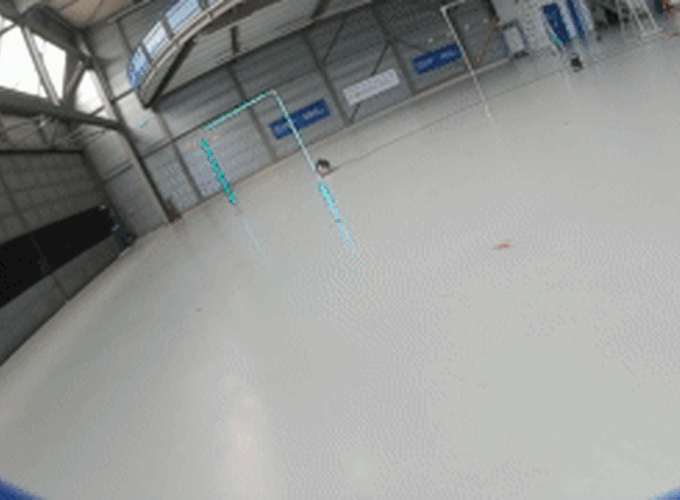 Image credit: Christian Pfeiffer
Image credit: Christian Pfeiffer
 Image credit: Christian Pfeiffer
Image credit: Christian Pfeiffer
First-person view drone racing has become a popular televised sport. However, very little is known about the perceptual and motor skills of professional drone racing pilots. A better understanding of these skills may inform path planning and control algorithms for autonomous multirotor flight. By using a real-world drone racing track and a large-scale position tracking system, we compare the drone racing performance of five professional and five beginner pilots. Results show that professional pilots consistently outperform beginner pilots by achieving faster lap times, higher velocity, and more efficiently executing the challenging maneuvers. Trajectory analysis shows that experienced pilots choose more optimal racing lines than beginner pilots. Our results provide strong evidence for a contribution of expertise to performances in real-world human-piloted drone racing. We discuss the implications of these results for future work on autonomous fast and agile flight. We make our data openly available.